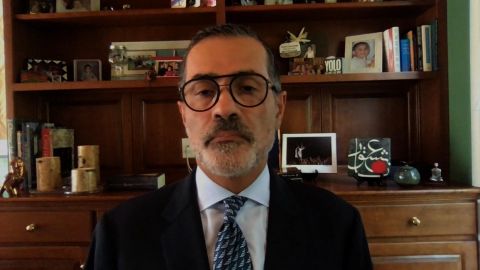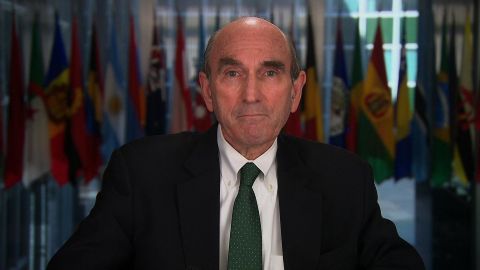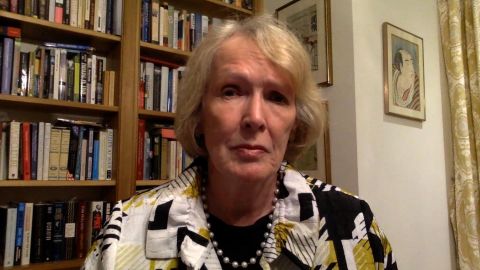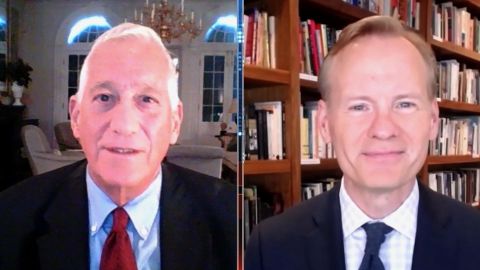Read Transcript EXPAND
CHRISTIANE AMANPOUR: Does the United States and the alliance face sort of an existential crisis or is this just another Monday in a very disruptive, you know, Trump led world?
MARGARET MACMILLAN, HISTORY PROFESSOR, UNIVERSITY OF TORONTO: I think it may be the former, and I don’t want to think that, but I think we’ve got almost too many crises happening at once. I mean, your previous guest were listing them, crises around the world, an economic crisis, a pandemic and tension spots in the world, tension between the United States and China, tensions the Middle East, now tensions over — between Azerbaijan and Armenia. China and India have been exchanging shots. And sometimes you think there are almost too many things happening at once. And I think it is a very worrying time actually.
AMANPOUR: So, what do you think the Trump administration, the president can learn, for instance, from historical parallels? Woodrow Wilson was caught up in the middle of pandemic, your own great grandfather, the prime minister, David Lloyd George, during the flu epidemic. What historical parallels are there for a leader right now of such a powerful country being ill in this maelstrom that we’ve just been talking about and how do you see the way out, you know, more than a century later?
MACMILLAN: Well, we have to have some faith, I think, that the institutions and the other people in the government will be able to carry some of the burden. And I think it was important when Woodrow Wilson was sick, there were others who could step in, it wasn’t an ideal situation, but the American government went on. And when David Lloyd George as prime minister had flu, he had a strong cabinet. And so, there were institutions and people who are ready to step in. And I think this is a real test of the American system and a test of both the Trump administration and American institutions, and these are strong institutions and there are capable people around. And so, we have to hope that they will be able to pick up some of the slack and deal with some of the problems. But I do think in these sorts of situations, leadership matters a lot. And when a key leader gets sick, that’s really when I think we have to worry.
AMANPOUR: So, one of the issues and I mentioned it to my other guests, you know, people are looking — certainly from overseas, looking and basically saying either to themselves or their friends, if not out loud, that the president, the fact that he got this is reflective of, you know, his treatment of the pandemic in the United States, his bungled, you know, leadership on that regard, as many people say, and the fact that he sort of played it down so much. What do you make of that coupled — yes, go ahead.
MACMILLAN: No, I was just going to say, it shows the power sometimes of wishful thinking and it also shows the limits of wishful thinking. I mean, there is a reality and there is a virus and there are other players out there who are going to do things differently.
About This Episode EXPAND
Christiane speaks with Elliott Abrams and Vali Nasr about national security. She also speaks with historian Margaret MacMillan about what this moment will mean in the future. Walter Isaacson speaks with John Dickerson about whether or not we expect too much of U.S. presidents.
LEARN MORE



